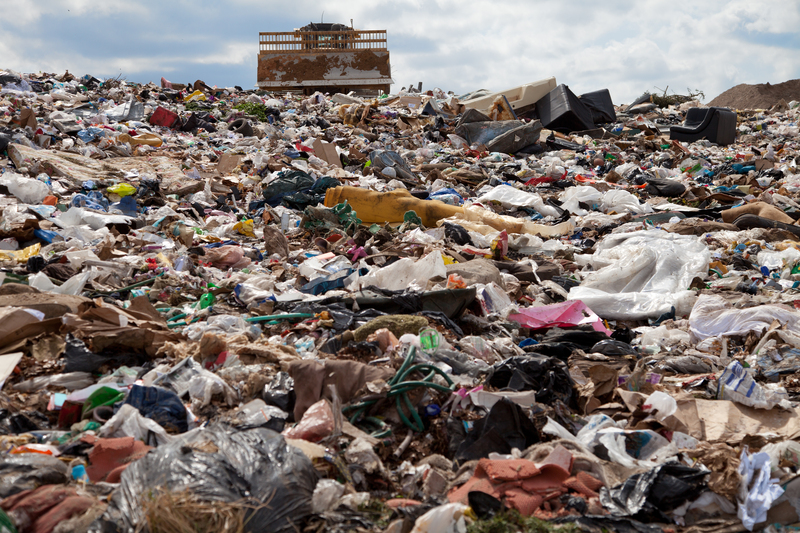Eco-Friendly Wood Waste Disposal
Posted on 27/01/2025
Wood waste is an inevitable byproduct of industries such as construction, carpentry, and logging. However, proper disposal and management are crucial to mitigate environmental impacts. Eco-friendly wood waste disposal not only supports sustainability but also promotes the efficient use of resources. This article outlines several methods and benefits of eco-friendly wood waste disposal while also discussing some practical tips.
Methods of Eco-Friendly Wood Waste Disposal

Recycling
Wood waste recycling is one of the most effective methods of disposal. Recycled wood can be turned into particle boards, mulch, compost, and other useful products. This helps reduce deforestation by reusing existing materials.
Composting
Composting is another efficient way to handle wood waste, especially smaller wood chips and sawdust. When added to a compost pile with other organic materials, wood waste can transform into nutrient-rich compost, ideal for gardening and landscaping.
Repurposing
Repurposing wood waste can be a creative and practical solution. Items like pallets and old furniture can be refurbished and converted into new, valuable products such as planters, shelves, and benches.
Bioenergy Production
Wood waste can also be used to generate bioenergy. Using technologies such as gasification and pyrolysis, wood waste is converted into renewable energy sources, such as biochar or syngas. This not only helps in waste disposal but also provides an alternative energy source.
The Pros and Cons of Eco-Friendly Wood Waste Disposal
Pros:
- Environmental Protection: Using eco-friendly disposal methods reduces pollution and saves trees.
- Resource Efficiency: Recycled and repurposed wood reduces the need for new raw materials.
- Economic Benefits: Selling or donating recycled wood products can bring in additional revenue.
- Energy Savings: Bioenergy production can reduce dependence on fossil fuels.
Cons:
- Initial Costs: Setting up recycling or bioenergy facilities can be expensive.
- Effort and Time: Repurposing and recycling can be time-consuming.
- Technical Know-How: Specialized skills and knowledge are often needed for advanced disposal methods like bioenergy production.
Tips for Effective Wood Waste Disposal
1. Sort Your Wood Waste: Categorize your wood waste by type, such as untreated, treated, and painted wood, for better recycling and disposal options.
2. Stay Informed: Familiarize yourself with local recycling programs and facilities that accept wood waste.
3. Invest in Equipment: Consider optimal equipment such as shredders and wood chippers for easier wood waste processing.
4. Collaborate: Partner with local artisans, community groups, or schools for repurposing projects.
5. Educate Your Team: Ensure that everyone involved in your projects understands the importance and methods of eco-friendly disposal.

Key Takeaways
- Proper wood waste disposal can dramatically reduce environmental impact.
- Recycling, composting, repurposing, and bioenergy are effective methods.
- Effective disposal practices require initial investments but offer long-term benefits for both the environment and economy.
Conclusion
Eco-friendly wood waste disposal is an essential practice for sustainable living and efficient resource management. By adopting methods like recycling, composting, repurposing, and bioenergy, we can significantly minimize the negative impacts of wood waste on our environment. While there are challenges such as initial costs and the need for specialized skills, the long-term benefits far outweigh the downsides. Implement these methods and tips to contribute to a healthier planet.
In conclusion, let us make conscious choices in how we handle wood waste to ensure a sustainable future for generations to come.

 020 3744 5548
020 3744 5548













